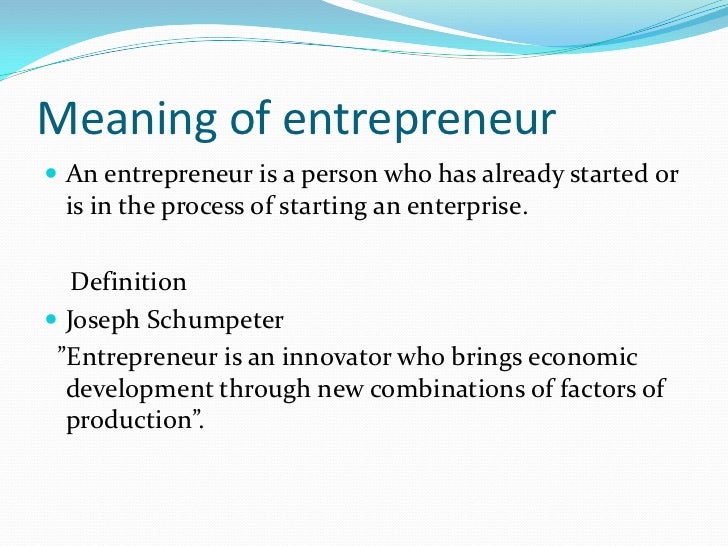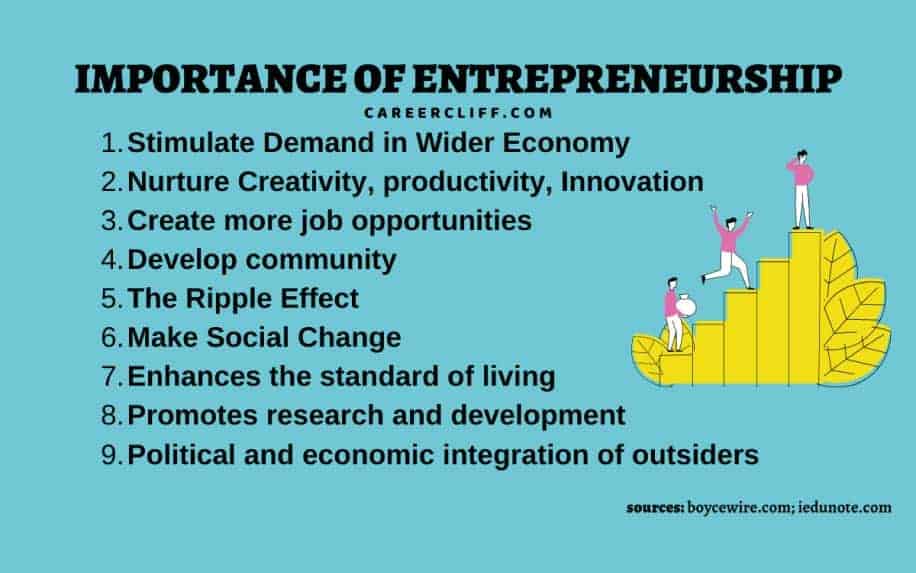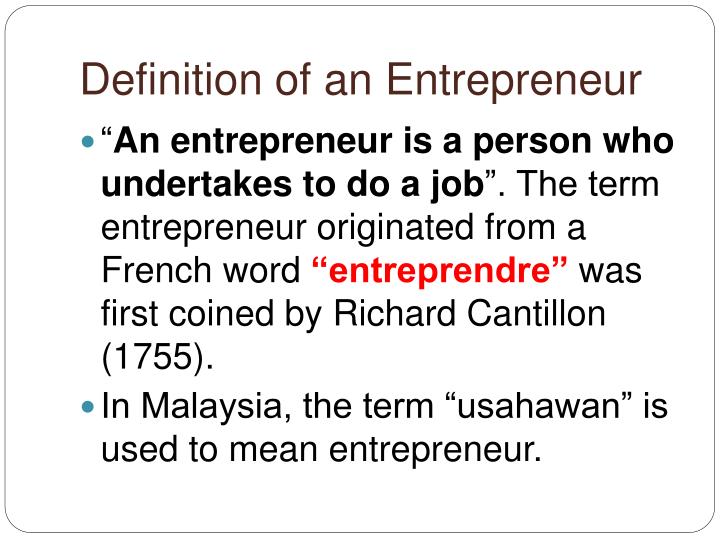What Is The Meaning Of An Entrepreneur

The entrepreneurial spirit is surging, but its core meaning often gets lost in the hype. It's about more than just starting a business; it's a mindset that drives innovation and value creation.
The true definition of an entrepreneur extends beyond simple business ownership. It embodies a proactive approach to identifying needs and developing solutions that shape markets and economies.
Defining the Entrepreneurial Core
Who is an entrepreneur? An individual who identifies opportunities and organizes resources to bring about change through innovation, creation, or development.
What is entrepreneurship? It is the process of designing, launching and running a new business, which typically begins as a small business or startup company, offering a product, process or service for sale or hire.
Where can entrepreneurs be found? Everywhere, from bustling tech hubs to rural communities, universities to large corporations.
When does entrepreneurship happen? Whenever a problem needs solving or a need goes unmet, prompting action and ingenuity.
How do entrepreneurs operate? By taking calculated risks, embracing uncertainty, and persevering through challenges to realize their vision.
The Role of Innovation and Risk
Innovation is the lifeblood of entrepreneurship. Entrepreneurs challenge conventional wisdom and push boundaries.
According to the Small Business Administration (SBA), approximately 20% of new businesses fail during the first two years of being open, 45% during the first five years, and 65% during the first 10 years.
Embracing risk is integral to the entrepreneurial journey. Entrepreneurs are calculated risk-takers who understand potential rewards outweigh potential losses.
Creating Value and Impact
The ultimate goal of an entrepreneur is to create value. This can be financial, social, or environmental.
Entrepreneurs fill gaps in the market, disrupting industries and fostering economic growth. They address unmet needs and generate new possibilities.
Impact extends beyond profit margins. Entrepreneurs often drive positive change in communities and contribute to societal progress.
Beyond the Startup Myth
Entrepreneurship is not confined to startups. Intrapreneurs innovate within existing organizations.
According to Harvard Business Review, 70-90% of start-ups fail.
Entrepreneurs come in all forms. From sole proprietors to CEOs, their vision and drive fuel innovation at every level.
"Entrepreneurship is living a few years of your life like most people won't, so that you can spend the rest of your life like most people can't." - Anonymous
Ongoing Evolution of the Entrepreneurial Landscape
The entrepreneurial landscape is constantly evolving. Technology, globalization, and changing consumer needs drive new opportunities.
Resources like mentorship programs, incubators, and funding platforms are increasingly available to support aspiring entrepreneurs. These avenues for support are helping to lower that start-up failure rate.
The demand for innovative solutions will only intensify, so the meaning of entrepreneurship remains vital to understanding and shaping our future.











:max_bytes(150000):strip_icc()/ENTREPRENEUR-final-5f937601d416459bb7c9d28fe5052b42.png)





